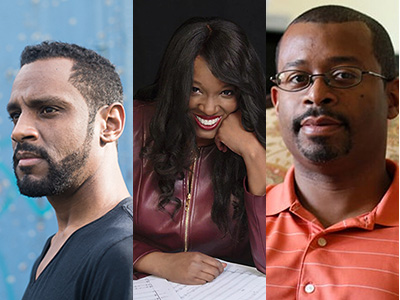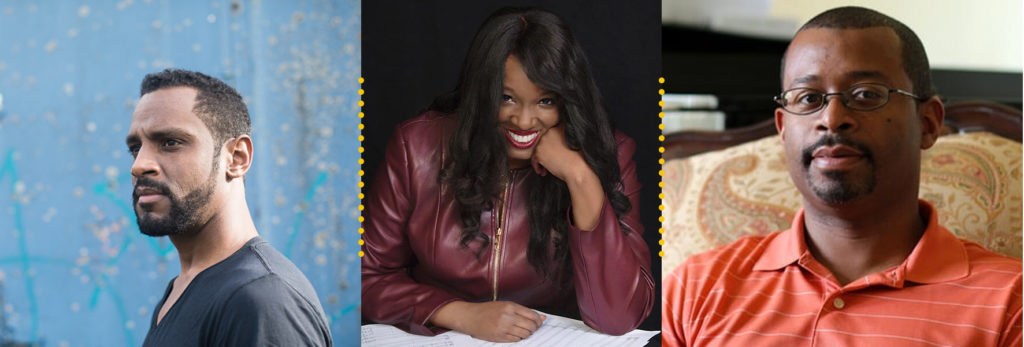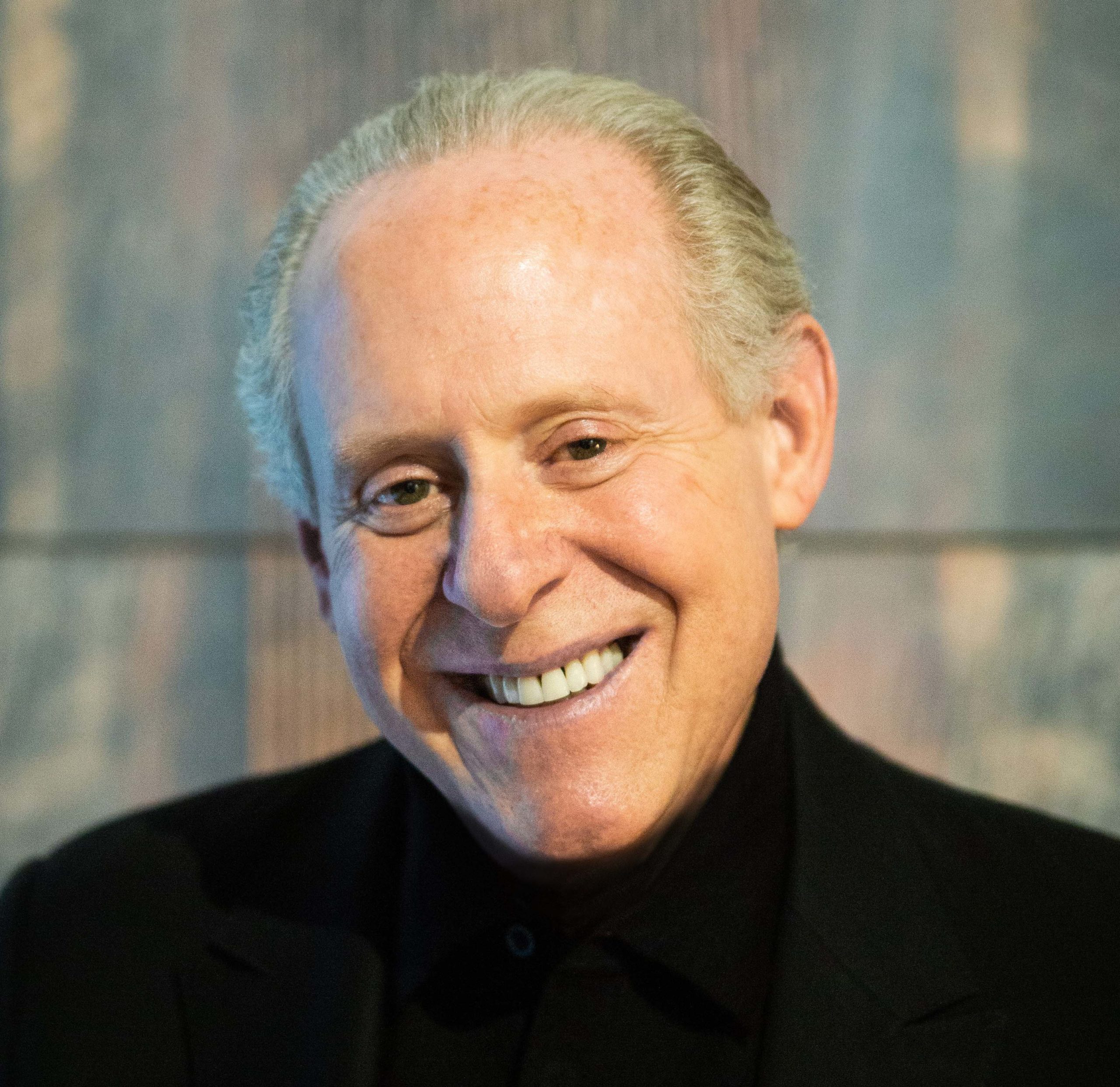The University of Michigan School of Music, Theatre & Dance (SMTD) has launched a ten-year project to commission ten new orchestral works with the intention of diversifying the orchestral repertoire. Established in 2020 by GRAMMY-nominated conductor Kenneth Kiesler, Director of University Orchestras and Professor of Conducting, the Michigan Orchestra Repertoire for Equity (MORE) will commission one new composition for orchestra each year for the duration of the project. These new works will be premiered and recorded with the aim of expanding the classical orchestral repertoire and bringing important new artistic voices to the fore.
MORE will contribute substantially to SMTD’s longstanding practice of commissioning and performing works by a broad range of contemporary compositional voices. The project is an extension of SMTD’s pledge to foster diversity, equity, and inclusion in its climate and curricula, and to inspire more diverse representation in the performing arts landscape.
Each composer will collaborate with SMTD students during the process of bringing the new work to its premiere performance and recording. The initiative will also create a framework for collaboration and interdisciplinary explorations both within the School of Music, Theatre & Dance and across other U-M schools, colleges, and programs.
In devising this project, Kiesler had several goals in mind. He wanted to facilitate the expansion of classical orchestral offerings to more accurately represent composers working today. Another goal was to launch “an initiative that would have an impact over the long term,” Kiesler noted. “We plan to record all of these pieces for wide distribution, and we hope to help orchestras expand their view of programming so that these works become woven into the fabric of their regular repertoire.”
“The School of Music, Theatre & Dance is honored to play a role in making the repertoire of classical music more representative and inclusive,” explained David Gier, dean of SMTD and Paul Boylan Collegiate Professor of Music. “I’m especially excited that MORE will give SMTD students much-needed exposure to living composers, a critical component of any music program. This initiative is a part of SMTD’s broader commitment to elevate and promote a wide range of voices in the performing arts.”
Three compositions have been commissioned to date. The first commission, Tethered Voices, was initially recorded on video in September 2021 but will have its first live performance before an audience at U-M on April 6, 2022. Composed by SMTD alumnus James Lee III (BM ’99, MM ’01, DMA ’05), this eight-minute work for narrator and orchestra is a setting of a new poem of the same name by poet and conductor Kalena Bovell.
The second commissioned work, Tales: A Folklore Symphony, is a 20-minute, multimovement work by Carlos Simon (DMA ’17), also an SMTD graduate, based on African American and African folk tales. This work was premiered by the University Symphony Orchestra (USO) on January 26, 2022, at Hill Auditorium, on a program that included Voices Shouting Out by Nkeiru Okoye and Negro Folk Symphony by William Dawson.
The third composition is a concert-length work by Nkeiru Okoye for orchestra, chorus, four vocal soloists, and speaker. This commission has been made possible with the support of David A. Feldman (LSA Residential College, ’91) and Roni Jacobson. The work is inspired by writings by and about Maya Angelou and will be premiered by the USO and University Choirs, conducted by Kiesler, during the 2023–24 academic year. Okoye has described it as a work that “celebrates the spirit of rising above expectations, and transforming adversity into triumph. It is a testament to the resilient legacy that can come of people once dismissed by society.”
Kiesler’s hope is that MORE will help catalyze changes throughout the world of music education and performance. “I see our role as educating our students to be citizens, beyond being musicians and through being musicians,” Kiesler said. “We want them to realize that they can be ambassadors or disciples for the arts beyond a very narrow repertoire, honoring tradition while also advancing that tradition by amplifying new voices.”



